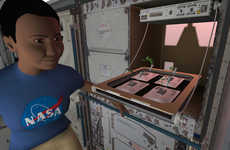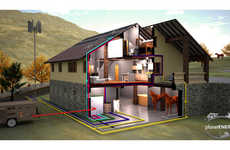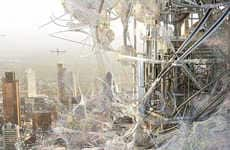



Brands reinvent human and animal waste for a multitude of purposes
Trend - The reuse of human and animal waste has ecological implications in a variety of industries–including everything from construction to the food and beverage space. These innovations set a precedent for how waste can be used to transform systems rather than damaging them.
Insight - When it comes to environmental consciousness, consumers are increasingly understanding the risks and consequences of the current standard of living around the world. Thus individuals, communities and institutions are all pushing for innovative, systemic changes that impact the long term trajectory of climate change in a positive way.
Insight - When it comes to environmental consciousness, consumers are increasingly understanding the risks and consequences of the current standard of living around the world. Thus individuals, communities and institutions are all pushing for innovative, systemic changes that impact the long term trajectory of climate change in a positive way.
Workshop Question - Conceptualize how your brand could transform and repurpose a waste product.
Trend Themes
1. Waste-to-energy Conversion - Converting waste, such as human and animal waste, into energy has ecological implications in various industries which can decrease waste and minimize environmental damage.
2. Microbial Reactors - The use of microbial reactors that rapidly break down waste and contaminants introduces a potential new method of producing food or building materials for consumption.
3. Zero-waste Building Materials - Creating building materials that are produced in an ecological environment by utilizing waste products like urine creates new opportunities to reduce waste in building and construction industries.
Industry Implications
1. Energy - Energy companies and waste management facilities could benefit immensely from these renewable sources of energy, allowing for alternative energy products powered by waste products.
2. Aerospace - The potential for biofuel technology in the aerospace industry could lead to a cheaper and more environmentally friendly method of fueling aircraft and space travel.
3. Construction - The architectural and construction industries could have access to a new type of building material made out of waste products that are much more sustainable than traditional materials.




































